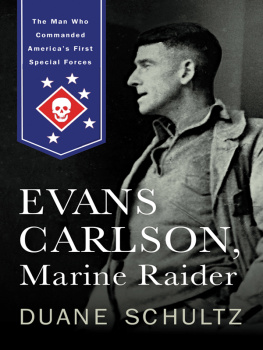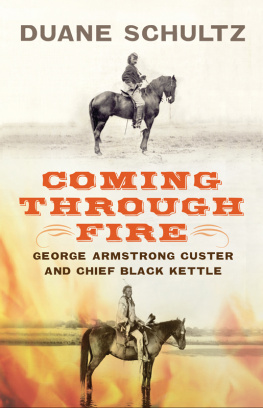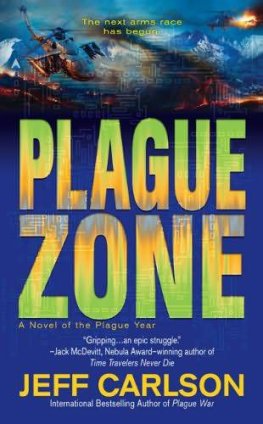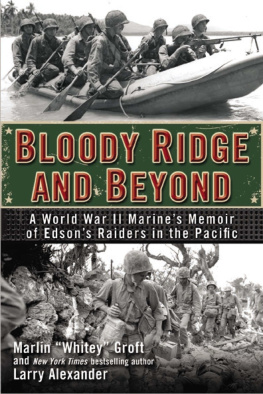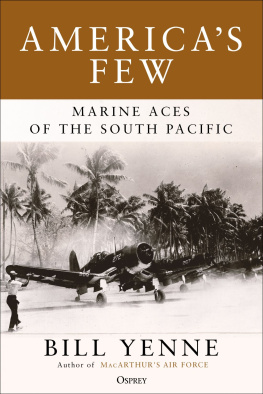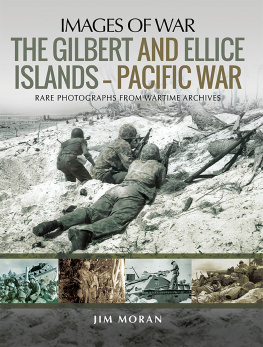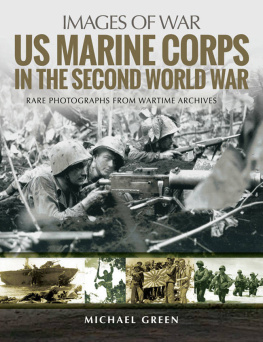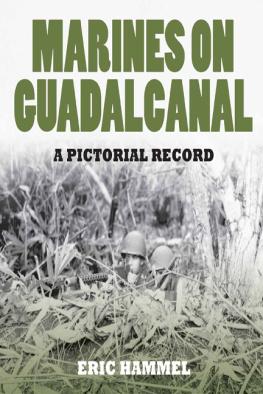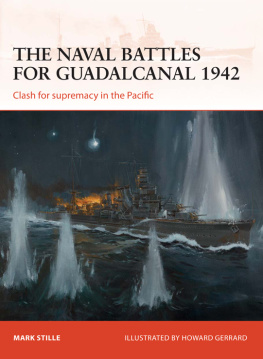Duane Schultz - Evans Carlson, Marine Raider: The Man Who Commanded Americas First Special Forces
Here you can read online Duane Schultz - Evans Carlson, Marine Raider: The Man Who Commanded Americas First Special Forces full text of the book (entire story) in english for free. Download pdf and epub, get meaning, cover and reviews about this ebook. year: 2014, publisher: Westholme Publishing, genre: Non-fiction. Description of the work, (preface) as well as reviews are available. Best literature library LitArk.com created for fans of good reading and offers a wide selection of genres:
Romance novel
Science fiction
Adventure
Detective
Science
History
Home and family
Prose
Art
Politics
Computer
Non-fiction
Religion
Business
Children
Humor
Choose a favorite category and find really read worthwhile books. Enjoy immersion in the world of imagination, feel the emotions of the characters or learn something new for yourself, make an fascinating discovery.
- Book:Evans Carlson, Marine Raider: The Man Who Commanded Americas First Special Forces
- Author:
- Publisher:Westholme Publishing
- Genre:
- Year:2014
- Rating:5 / 5
- Favourites:Add to favourites
- Your mark:
Evans Carlson, Marine Raider: The Man Who Commanded Americas First Special Forces: summary, description and annotation
We offer to read an annotation, description, summary or preface (depends on what the author of the book "Evans Carlson, Marine Raider: The Man Who Commanded Americas First Special Forces" wrote himself). If you haven't found the necessary information about the book — write in the comments, we will try to find it.
On August 17, 1942, ten days after American marines had stormed Guadalcanal in the Solomon Islands, two U.S. submarines secretly delivered a small force from the newly formed 2nd Marine Raider Battalion to Japanese-occupied Makin Island one thousand miles to the north. The raid was intended to gather intelligence and divert attention from the main American attack to the south. News of the success of this special operation took hold of the American imagination and provided a much needed boost to morale. The battalions leader was Evans Carlson, a forty-six-year-old career marine office who had most recently served in China as a military observer. Carlson was also a friend of President Franklin D. Roosevelt and he had proposed to him the creation of a small elite raider force similar to the British Commandos. Having accompanied Chinese guerrillas in their war against Japan, Carlson incorporated some of their tactics into his raider training, including a method of esprit de corps called gung ho, a word still used today for loyal enthusiasm. Carlsons raiders went on to conduct a lengthy operation behind enemy lines in Guadalcanal, contributing to the American victory. After months of exertion, Carlson fell ill and returned stateside. Despite his notoriety and willingness to return to the front, this decorated officer would never command again.
In Evans Carlson, Marine Raider: The Man Who Commanded Americas First Special Forces, psychologist and acclaimed history writer Duane Schultz presents a fascinating and absorbing portrait of this complex officer. Son of a Congregational preacher, Carlson left home at an early age, and when he was just seventeen, the tall, lanky underage teenager bluffed his way into the army. He began his eventful military career against Pancho Villa, and continued through World War I and the unrest in Central America and in China. Despite Carlsons personal bravery, loyalty, and long service, Schultz reveals that his active career was cut short by the Marine command who were envious of the attention he and his men received from the press and public; foreshadowing the paranoia of the McCarthy era, he was also rumored to be a communist. His raiders remained staunchly loyal to their former commander, and when he died in 1947, they ensured he would be buried in Arlington National Cemetery. Famed army and political cartoonist Bill Mauldin said, There were only two brass hats whom ordinary GIs respected: Dwight Eisenhower and Evans Carlson. This is Carlsons story.
Duane Schultz: author's other books
Who wrote Evans Carlson, Marine Raider: The Man Who Commanded Americas First Special Forces? Find out the surname, the name of the author of the book and a list of all author's works by series.

